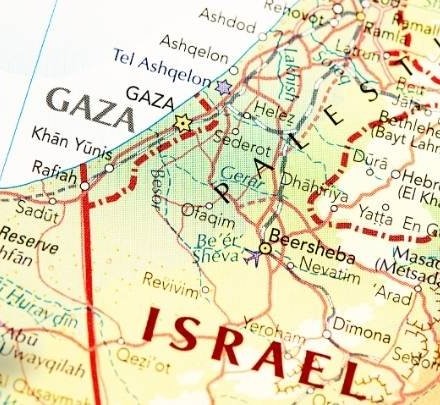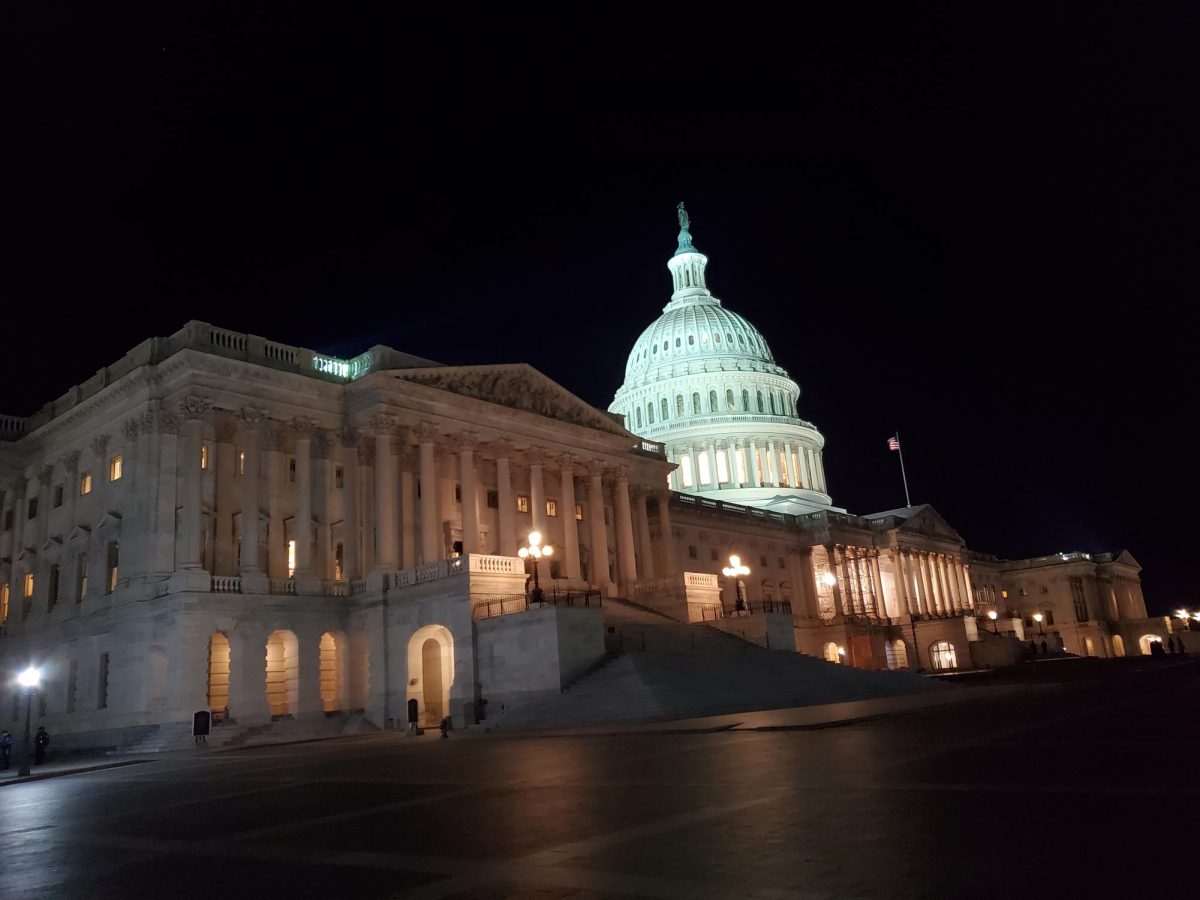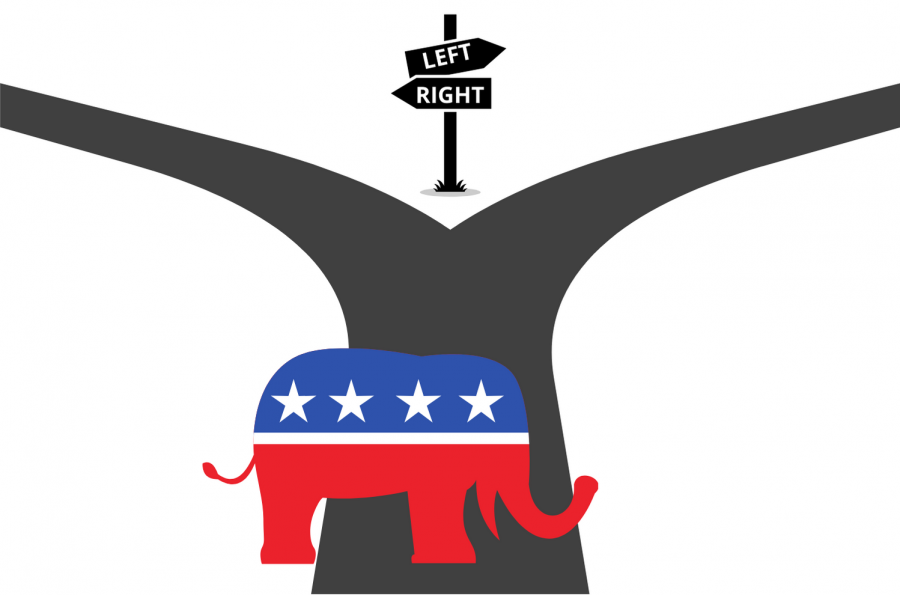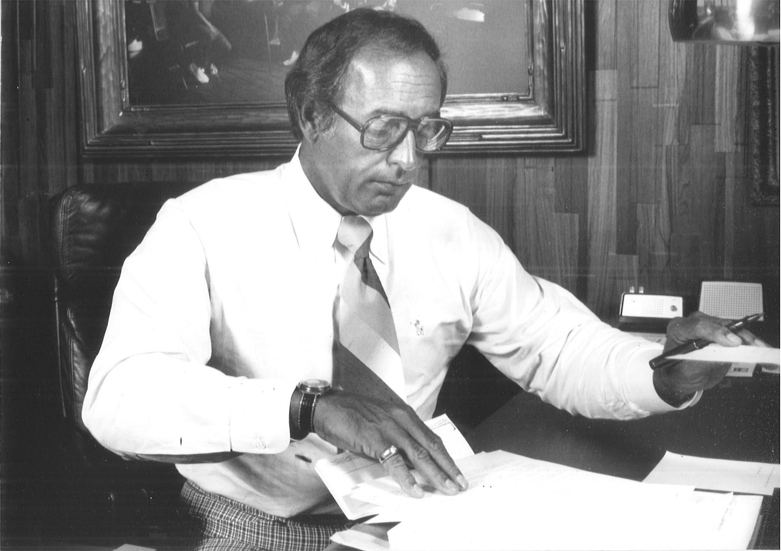The fierce fighting of the M23 rebels in eastern Democratic Republic of Congo is the most serious since July. The rebels, who have their stronghold in the northereastern region of Congo, have taken control of Goma, a major city near the Ugandan and Rwandan border. According to the U.N. High Commission on Refugees, around 475,000 people have fled their homes and 75,000 have spilled over into Rwanda and Uganda since the fighting started in April. According to reports from Al Jazeera, the M23 rebels have agreed to start removing their forces from the town of Mushake, about 50 km south of the town of Goma in eastern Congo.
Fighting has also been taking place around the village of Kibumba in North Kivu province. Mr. Paluku, governor of North Kivu, said that more than 150 rebels and two government soldiers have been killed. Furthermore, the fighting has been forcing thousands of people to flee. Unfortunately, the rebels had no intention of leaving until recent negotiations. Mr. Paluku said that he received a phone call from a M23 military spokesman Lt. Col. Vianney Kazarama who told him that the rebels would “spend the night” in Goma where about 400,000 people live.
Recently, Oliver Hamuli, the army spokesman in Goma, said that 44 rebels had been killed and that one high-ranking officer of the army also died. On the contrary, Lt. Col. Kazarama told the BBC that no rebels had been killed and that only two had been injured. Thus, as of now, the United Nations mission in the Congo said that it could not confirm any casualty figures.
Both sides are accusing each other of instigating conflict. Government spokesman Lambert Mende said, “51 bodies [of rebels] wearing Rwandan army uniforms have been collected,” from the battlefield. But Mende also says, “Sultani did not invent this pseudo-mutiny in the east, [but remains to be] an instrument behind much wrongdoing.”
Uganda has closed the Bunagana border crossing near Goma. This was a result of a request from the the Congolese government, which believed the M23 rebels were illegally raising money from people travelling between the two countries to finance its operations.
Ugandan army spokesman Felix Kulayigye says, “The Congolese were complaining that M23 were taxing lorries and goods going through, so at the request of the government of Congo, we have closed the border.”
Both Rwanda and Uganda strongly deny all claims that they were supplying the M23 rebels. Rwanda has called for the fighting to be put to an end as many civilians have been harmed.
Both the U.N. and United States have imposed a travel ban and asset freeze on Sultani Makenga, the leader of the M23 rebels. The U.N. hopes that its large force in Congo will help the government establish its authority in the lawless east.
However, most of the U.N.’s efforts have been diplomatic, rather than actual military protection. The U.N. Organization Stabilization Missions in the Congo (MONUSCO), mandated by the U.N. Security Council in 2010, has peacekeepers on the ground in the conflict areas, but they were forced to withdraw once the fighting started.
Omalanga, the information minister of the Congo, told the CNN that the Congolese government was disappointed with the ineffectiveness of the U.N. mission. “They don’t have an appropriate mandate,” he said. “This must absolutely change if the U.N. wants it to be effective in Congo.”
Regional leaders, including generals and diplomats from the governments of Rwanda, Congo, and Uganda met in Kampala last weekend to draft a withdrawal proposition for the M23 rebels. It demanded that the rebels withdraw from Goma.
On Tuesday, M23 leader Sultani Makenga told Al Jazeera that the M23 will be withdrawing from Goma “in three days at the latest” to the 20 km line outside of Goma that the proposition put forth.
Even if this withdrawal takes place, problems will still remain in Goma as many civilians have thrown their support behind the rebels. According to Azad Essa of Al Jazeera, 300 people walked through Goma, showing support for the M23. Once the Congolese army takes back Goma, as is expected with the promised withdrawal of the M23 rebels, the fate of these pro-M23 civilians is very much in question.
The M23 rebels, whose full title is the March 23 Movement, are a military rebel group that splintered off the Congolese army following their dissatisfaction with the implementation of the March 23, 2009 deal with the Congolese government. Under this deal, the M23 fighters were to be taken in as soldiers of the Congolese army. However, they committed mutiny, complaining that they were still being marginalized.
President Kabila, the head of state of Congo, met with rebel leaders for the first time in the negotiations over the weekend in Kampala. The rebels have accepted the terms of this initial round of negotiations, and are expected to move out of Goma by the end of this week. However, the rebels will still have a stronghold in the vast and unruly region on eastern Congo.






